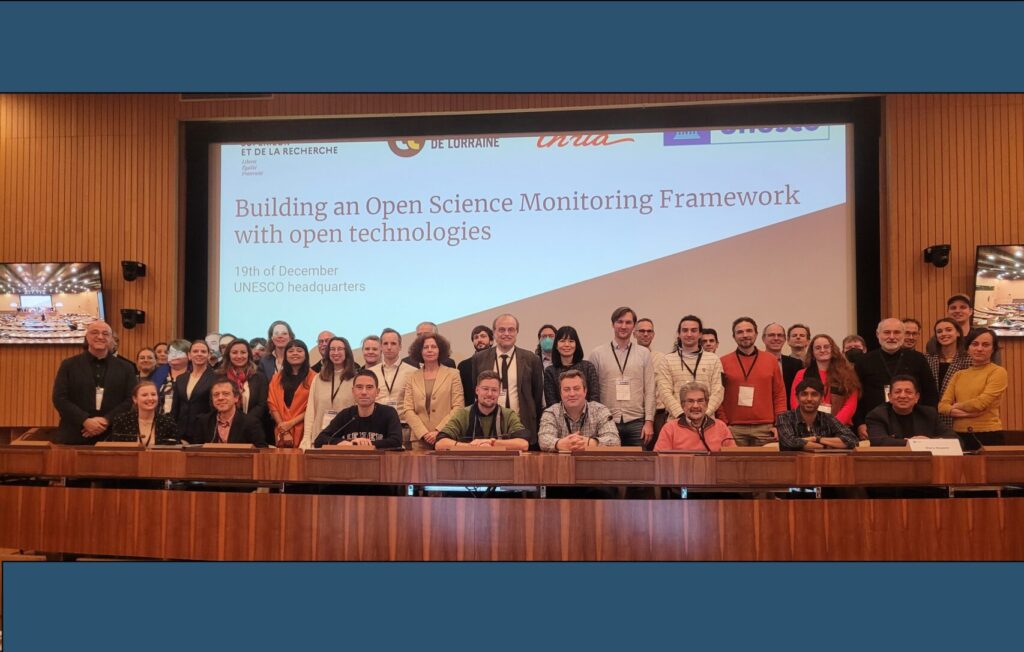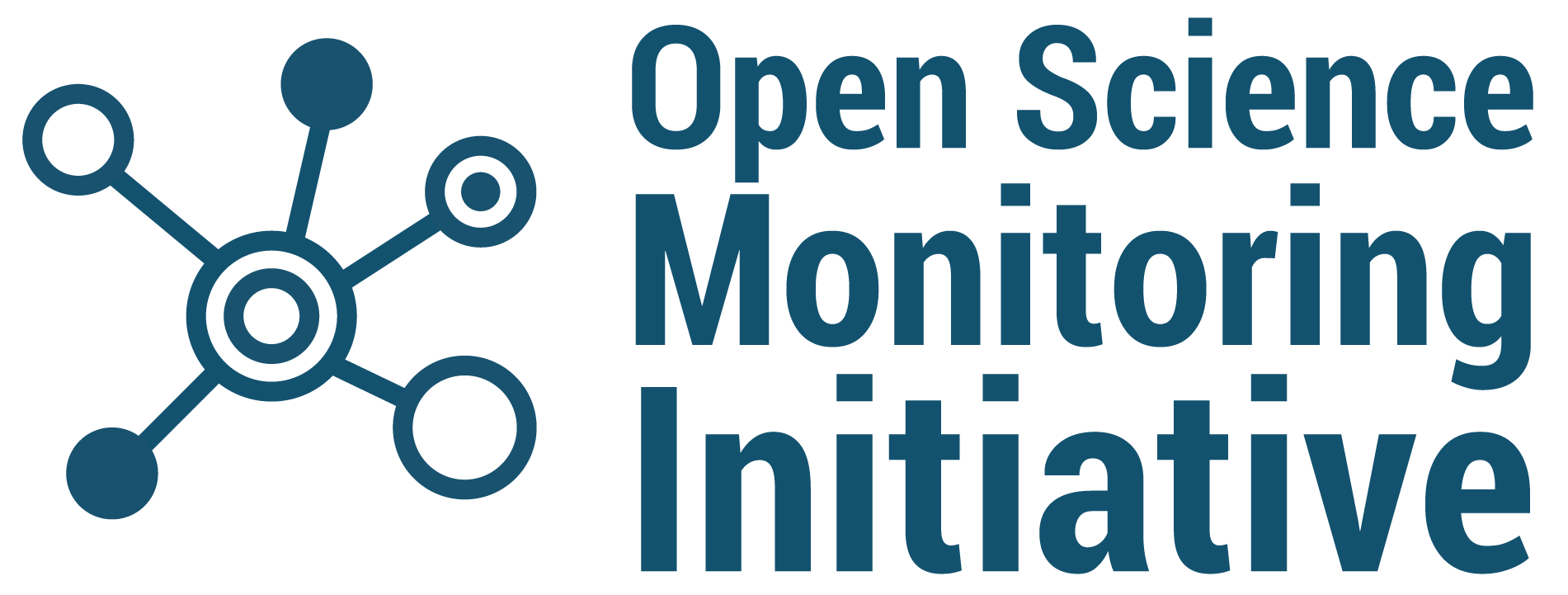
The worldwide development of public policies promoting open science implies that indicators need to be produced to allow their monitoring. The objective to reach is to enable the measurement of the scientific production openness, as well as its impact on the scientific process itself, and ultimately for society as a whole. Until now, efforts to achieve this have mainly focused on measuring the openness of research publications as well as of data and software produced by research along with that of the results of clinical trials and publication costs. In its Recommendation on Open Science, UNESCO encourages all its member countries to implement indicators. The international nature of research makes it essential for these indicators to be geographically and institutionally consistent worldwide. Many initiatives around the world aim to gauge the openness of science. It therefore seems useful to bring these together to work towards a convergence of general principles for monitoring the progress of open science.
For these reasons, France and UNESCO organised a workshop at UNESCO headquarters in Paris on December 19th 2023 to work towards achieving this objective. The day enabled international open science monitoring stakeholders to coordinate their efforts and foster the creation of an international community to drive the issue.
Over fifty experts from research organisations, universities, national agencies and nonprofit organisations from three continents (in Australia, Denmark, Japan, Mexico, Germany, the Netherlands, the United States, Canada, Argentina, France, Belgium, the United Kingdom, Spain, Switzerland, Italy and Portugal) came to Paris to take part in the event. Among the many institutions represented were the CERN, NASA, CWTS, OurResearch, Crossref, DataCite, SPARC Europe, Redalyc, the OECD, COKI, the Max Plank Digital Library, PLOS, CLACSO and the Hcéres (Science and Technology Observatory).
